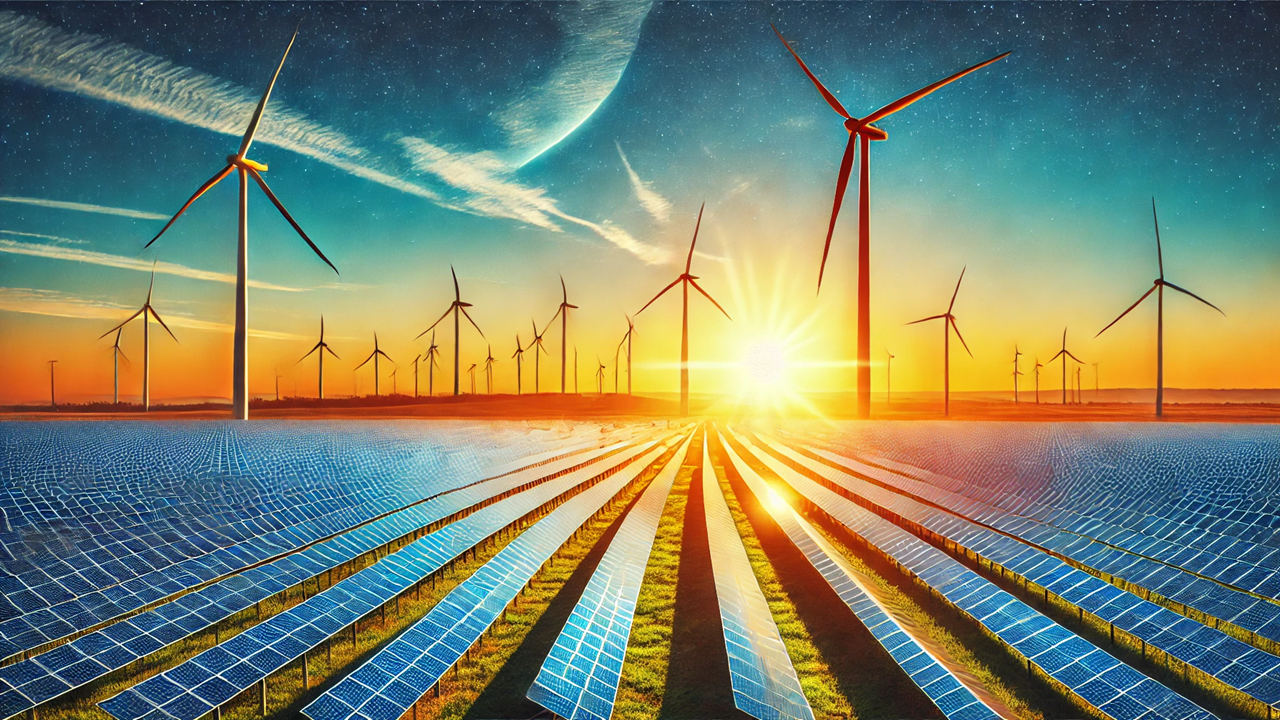AfDB Approves EUR 28M for Solar Power Plants in Chad as Part of Desert to Power Initiative
The funding includes EUR 20 million in direct support, comprising a combination of a loan and a grant from the Sustainable Energy Fund for Africa (SEFA).

The African Development Bank Group has approved EUR 28 million in funding for the construction of two solar power plants in Gassi and Lamadji, Chad, as part of the Desert to Power initiative, a flagship program aimed at enhancing energy access across Africa. This project is designed to contribute to Chad’s energy transition, moving the country from reliance on expensive, polluting fuel-based power to cleaner, renewable energy solutions.
The funding includes EUR 20 million in direct support, comprising a combination of a loan and a grant from the Sustainable Energy Fund for Africa (SEFA). In addition, the project will receive EUR 8 million in financial guarantees, with the African Development Fund (ADF) and the Green Climate Fund (GCF) each contributing EUR 4 million to the guarantees. The total cost of the project is estimated at EUR 41 million, with additional financing expected from other Development Finance Institutions (DFIs).
The solar plants will be constructed in the outskirts of N'Djamena, the capital of Chad, and will each have the capacity to produce 15 megawatts (MW) of electricity. The project will also include the construction of new power stations, connection lines, and a 6-megawatt-hour battery storage system to ensure a reliable power supply even when sunlight is not available.
Project Impact: Clean Energy, Economic Growth, and Job Creation
The Gassi and Lamadji solar power plants are expected to provide 61 gigawatt-hours (GWh) of clean, reliable, and affordable energy annually, significantly addressing Chad's energy deficit. This renewable energy project will increase Chad’s overall power supply by 20% and contribute to reducing the country's dependence on expensive and polluting fossil fuels.
In terms of environmental impact, the solar plants will reduce carbon dioxide emissions by 49,000 tons per year, helping Chad meet its climate commitments under the Paris Agreement. Beyond environmental benefits, the project is expected to stimulate economic growth through job creation. During construction, the project will generate approximately 200 jobs, with a special focus on providing opportunities for women and young people. In addition, 34 permanent jobs will be created to maintain and operate the plants once completed.
Financial and Economic Benefits for Chad
The project will provide several key financial benefits for Chad, including:
- Revenue generation for the national treasury through taxes.
- Reduction in fuel subsidies, alleviating the financial burden on the government.
- Improved balance of payments by decreasing reliance on energy imports.
These financial gains will help to support Chad's economic development, reduce its vulnerability to external energy shocks, and contribute to its broader goals of energy security and sustainability.
Strategic Alignment with Africa’s Energy Goals
This project is fully aligned with the African Development Bank’s Ten-Year Strategy and the New Deal on Energy for Africa. It also supports the Bank’s High 5 objective of "Light Up and Power Africa", which aims to increase energy access and foster sustainable energy development across the continent.
Kevin Kariuki, Vice President of the Power, Energy, Climate, and Green Growth complex at the African Development Bank, emphasized the importance of the project, stating, "The Gassi and Lamadji solar project is a landmark development that underscores Chad’s strong commitment to the transition to renewable energy under the Desert to Power Initiative, and the Bank’s continued support for transformative, clean energy projects across the continent. This project not only facilitates Chad’s efforts to increase access to energy but also drives local economic growth and strengthens the country’s energy security."
Wale Shonibare, Director of the Energy Financial Solutions, Policy, and Regulations department at the African Development Bank, also highlighted the potential of the project, saying, "As a pioneering solar project in Chad, this initiative exemplifies the scale of renewable energy potential in the Sahel region. It demonstrates how strong partnerships and the Bank’s deployment of innovative financial solutions can advance the energy transition and foster sustainable economic development."
A Vision for a Sustainable Future
The Gassi and Lamadji solar power plants represent a significant step toward achieving a sustainable energy future for Chad and the broader Sahel region. This project aligns with global climate goals and enhances energy access for Chad’s citizens, offering a model for renewable energy solutions across Africa.
Through this initiative, the African Development Bank is demonstrating its leadership role in supporting clean energy projects that have a lasting impact on economic growth, environmental sustainability, and climate resilience across the African continent.
- READ MORE ON:
- African Development Bank
- Chad
- Desert to Power
- Solar Power Plants










